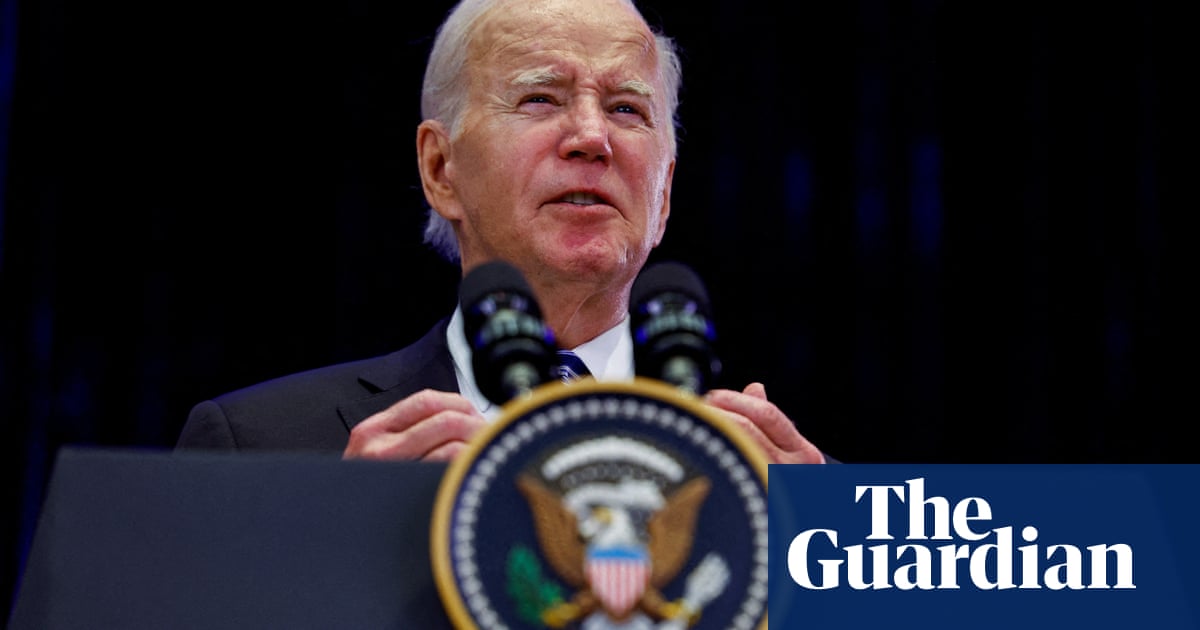
It seems like only yesterday that journalism faced existential challenges from technology platforms that helped anyone publish whatever they wanted, took over the distribution of news, and usurped the advertising market with promises of precise targeting. It turns out that the news profession can be quite successful at repelling those challenges. The enemy is in retreat; the news business just needs to be bolder about claiming the spoils.
Last week, the Huffington Post scaled back its platform for unpaid bloggers and Facebook decided to ask users to rank news sources by trustworthiness. Both represent a clear preference for traditional journalism -- in which people get paid for producing stories for good reason. The just-released 2018 Edelman Trust Barometer shows rising confidence in traditional media: In the 28 countries where the survey was conducted, 59 percent now trust journalism, up from 54 percent a year ago, while trust in social media platforms has declined from 53 percent to 51 percent. Pretty much everywhere in the Western world, professional media are considered to be more reliable sources of information than online platforms.
Facebooks announcement is an admission that the company cant completely replace professional output with user-generated content. "News will always be a critical way to start conversations on important topics," Chief Executive Officer Mark Zuckerberg wrote. But its more than that. Facebook is telling users that consuming the product of certain news organizations is better for their well-being than being indiscriminate. Thats why the Facebook announcement drove up The New York Timess stock price.
Left scrambling are "social-first" media companies, which are cutting staff as they discover that trying to piggyback on the growth of greedy and vulnerable internet giants wasnt a great bet. At this rate, news outlets could even find themselves asking why they arent putting more resources into managing their home pages rather than social media.
Survival is good, but being properly valued is better. Now that tech platforms are realizing they have no good replacement for quality journalism, its time for them to start paying for it. That, in a nutshell, is the meaning of a statement released last week by News Corp. Executive Chairman Rupert Murdoch.
He accused Facebook and Google of popularizing "scurrilous news sources," praised them for recognizing the problem and made a demand: “Facebook wants to recognize trusted publishers then it should pay those publishers a carriage fee similar to the model adopted by cable companies. The publishers are obviously enhancing the value and integrity of Facebook through their news and content but are not being adequately rewarded for those services. Carriage payments would have a minor impact on Facebook’s profits but a major impact on the prospects for publishers and journalists.”
Given Zuckerbergs recognition of the value of news for his companys stated purpose -- connecting people and building communities -- thats a fair suggestion. News publishers should be prepared to fight the republication of their content. It worked for the music industry: Facebook is paying license fees for music used in home videos. If "trusted" news outlets pressure Facebook, it will pay them, too.
News publishers shouldnt stop there, though. Its an aberration that social media and search engines have become top distribution channels for many of them, supplanting their own websites and undermining both advertising and subscription revenues. Because of this, any strategy change by Facebook and Google requires tweaks, sometimes even major changes, to the way content is displayed and packaged. Publishers need to pay more attention to projects such as the Brave browser, designed to help them get paid both directly and through ad revenue sharing. They also need to work doggedly on changing online ad industry standards, shifting them from a dishonest trade in quietly harvested personal data to conscious arrangements in which people are paid, in cash and in quality content, for viewing ads.
Its also time for industry-wide agreements on better paywalls, which arent easily bypassed by a cache cleanup or by opening an incognito window in a browser. They would, at the very least, help bargain with internet platforms over carriage fees.
Until recently, all these important fights were complicated by widespread defeatism in the news industry and by the willingness of upstart "news organizations" to give content away for free in hopes of picking up a few crumbs from the tech giants advertising feast. It should be clear now that the defeatism was misplaced and the dumping didnt work for anyone. Good content cant be free. Its time for a counterattack.Bloomberg












